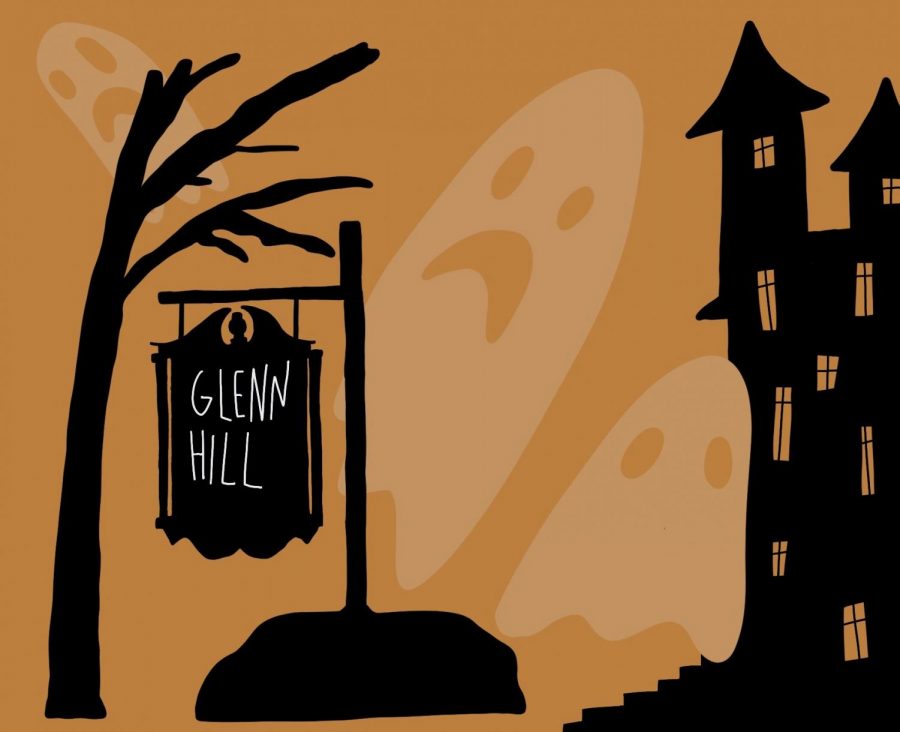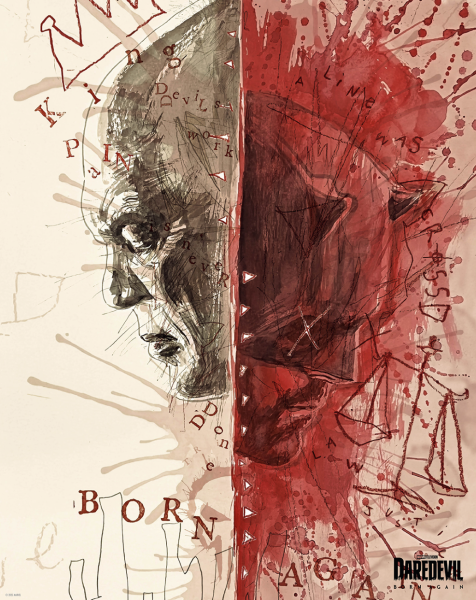For New Hampshire teacher, Halloween traditions are reframed amidst COVID-19 and loss
November 16, 2020
This story was featured on The Simmons Voice and Simmons Radio: The Shark’s podcast “Welcome Home.” Click here to listen.
When it comes to trick-or-treating in the exurbs of New England, there is always that neighborhood… The one which brings families from neighboring towns and handfuls of out-of-staters year after year. The one with houses that are conveniently spaced from one another and are connected by mazes of streets which allow for ghouls, goblins, princesses, and superheroes to get the most bang for their buck. In Hampton, New Hampshire, that neighborhood is Glen Hill.
The residents of the neighborhood take Halloween seriously, too. Michelle Croteau, a third-grade teacher at Hampton’s Marston public elementary school, has lived in Glen Hill for 23 years and has strong traditions of her own. Current and former students know that she lives in the neighborhood and will make it a point to stop by. She says that when she shops for Halloween candy, the cashiers at the grocery store confidently say to her, “you must live in Glen Hill.”
Despite the COVID-19 pandemic, the town of Hampton allowed for trick-or-treating to go on, but Croteau and her husband John made the decision to close their door and turn out their lights. The Halloween traditions held dear to the 55-year-old teacher, her family and her students will have to exist as a memory this year.
Reminiscing about the nights of Halloween’s past, there is excitement in Croteau’s voice. “It’s so busy that I don’t even close my door.”
During years when the bite of the October air is enough to turn cheeks and noses red and make parents sway back and forth clutching their hot beverages, Croteau’s front door is still wide open. On nights like these, the protocol is to pop the top panel out of the glass door and pull up a chair.
“There are so many kids that it doesn’t make sense to not be right next to my door,” says Croteau. “You just see droves of kids.”
Because other towns and states have canceled trick-or-treating, Croteau expects there to be more than her usual 450 to 500 trick-or-treaters, increasing her possibility of being exposed to the virus. She says she feels uncomfortable with the impact this could have on her students and their families, which is part of the reason her family decided to not participate.
Another factor in making the decision was based on the Croteau family’s personal experience with the severity and devastation of the pandemic. As of October 31, 2020, COVID-19 has killed 1,182,747 people globally, one of them being Croteau’s 59-year-old older brother Steve Truchon.
In April, Truchon was in Europe and “got trapped there when all of the people were trying to get back home to their countries,” Croteau says choking up.
Her brother had no underlying health conditions.
“COVID is really real for us,” her voice slightly shaking. After a long pause to collect herself, she begins speaking again.
“We take it very seriously.” The first two words of her sentence resemble her kind, yet firm teacher voice, before slipping back to the tone of raw emotional vulnerability.
Croteau is holding the grief of the loss of her brother and the gravity of the pandemic. She has the ability to simultaneously hold the understanding of how difficult it is for some to refrain from opportunities that may provide a semblance of normalcy.
Upon hearing that Hampton would not be calling off trick-or-treating even as COVID-19 cases in the state were rising, Croteau’s feelings about the decision were mixed. As a teacher, she says she is able to see both sides of the situation.
“I work with children, so I can really see how COVID is affecting kids emotionally, and their sense of safety. So I understand why parents want to try to make things as normal as they can for their children and to have the experiences that kids have always had,” explains Croteau.
“On one shoulder, it’s understanding completely where these people are coming from, the other side I do feel that if everyone was taking this as seriously as they needed to be then maybe the numbers wouldn’t be what they are,” she said.
The side of the situation that Croteau is unable to see is one of the people who don’t wear masks in public. She says it can be infuriating to witness. “I just don’t understand how people aren’t respecting other people’s health and safety.”
Just because the Croteaus decided not to participate in their usual Halloween traditions this year, they found ways to reimagine them in a way that makes them feel comfortable and safe.
Every year for their oldest daughter’s October 30 birthday, the family would celebrate on the night of Hampton trick-or-treating. Croteau’s parents and her husband’s parents would come over and order Chinese food, because on a night as busy as Halloween in Glen Hill, Croteau says that there is simply no time to cook.
Although both sets of grandparents weren’t able to participate due to the COVID-19 precautions they have been taking since March, their daughter Amy was able to come home from Boston to celebrate her 30th birthday on the 30th, the night before Hampton’s scheduled trick-or-treating.
Even with the newfound abundance of time, the Croteau family stuck with their usual Halloween take-out order of house lo mein, pork fried rice, crab rangoon, steamed dumplings, eggrolls, and spring rolls.
No plans were made for how Michelle and John Croteau would spend this year’s trick-or-treat evening, but Michelle Croteau said that it would likely consist of turning off all of the lights, lighting a fire, and watching TV in a room that is out of sight from any windows. Chinese food was still on the menu, even though they were leftovers from the night before.









